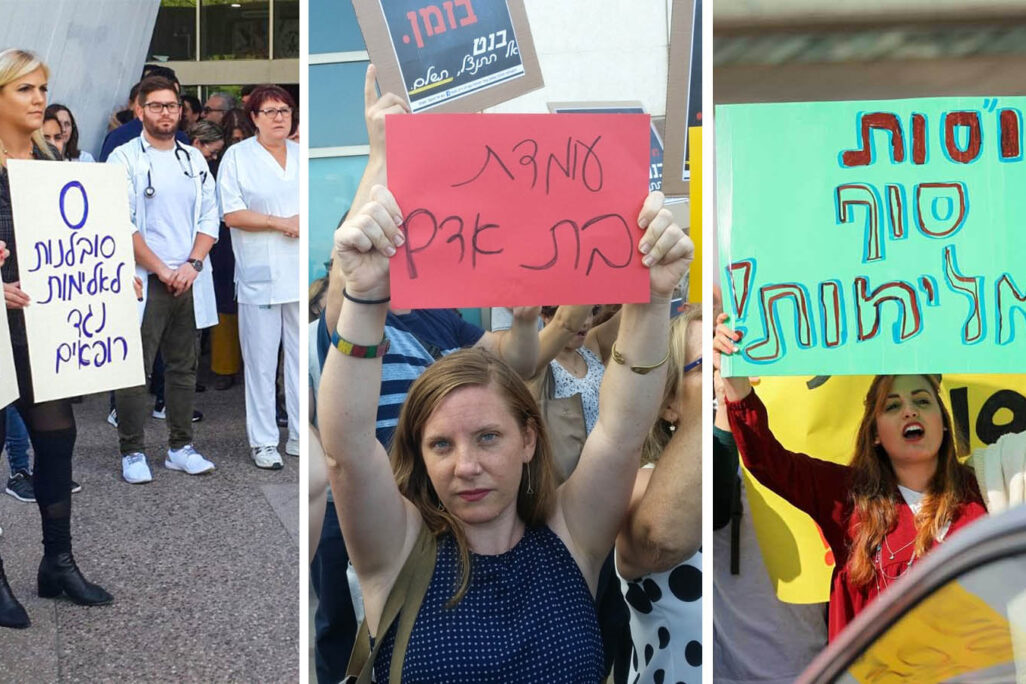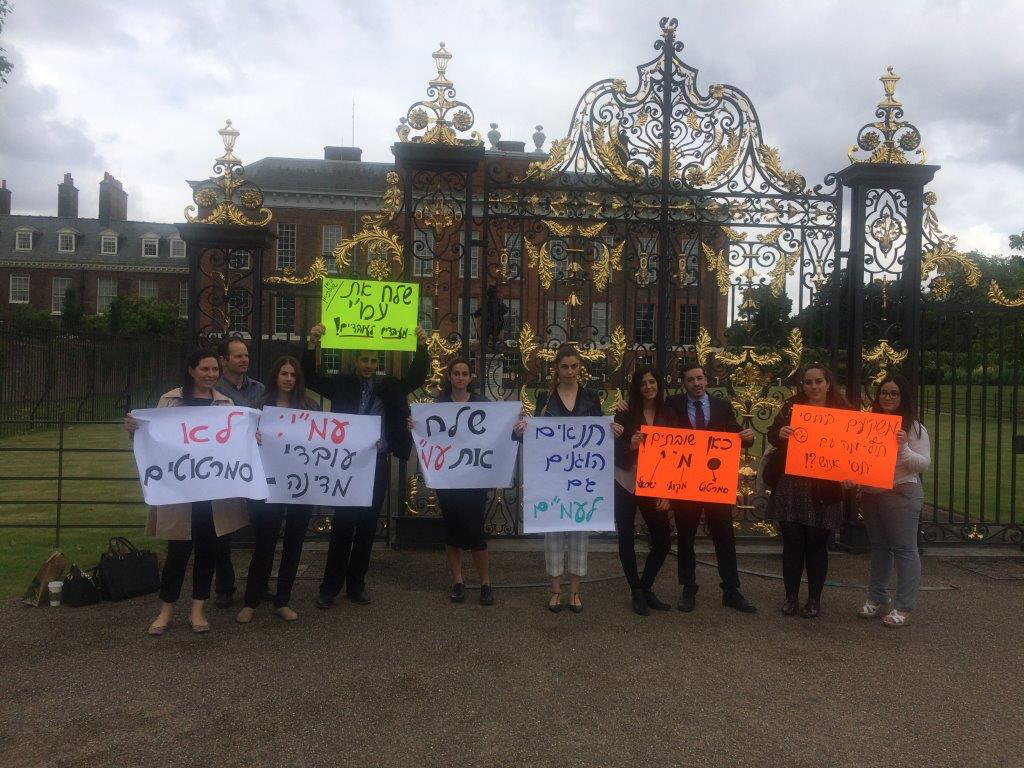
Histadrut Chairman Arnon Bar-David is calling the Finance Ministry to reverse a new policy, whereby employees in the public sector will be required to sign formal declarations stating they will not participate in sanctions – or risk pay cuts. “I see this as crossing a red line. It is a part of the struggle against organized labor,” Bar-David wrote to the Director of Salary and Employment Agreements, Kobi Bar-Nathan, two weeks ago. “As long as you fail to revoke this policy, I will consider it a sign of aggravation and escalation in labor relations for state [employees] in particular and the public service sector altogether,” Bar-David said.

The policy was announced in early July as part of an order issued by the Finance Ministry's Director of Salary and Employment Agreements, according to which state employees who went on strike were to have their wages cut. According to the order, in instances of sanctions, slowdowns or other work stoppages, departmental deputy directors are required to prepare lists of workers who failed to declare in writing that they will refrain from participating in such protests, and to submit these lists to the Director of Salary and Employment Agreements. The deputy directors are required to inform any employees who chose not to make such a declaration that their pay is to be cut as if they participated in a strike, whether or not they actually participated in a strike, partial or full. Deputy directors are instructed to inform workers of this via a personal hand-delivered letter, organizational email, and text message.
According to Israeli case law, during a strike, work contracts between employees and their employers are suspended – but not nullified. So, in the case of a full work stoppage, while employers are not required to pay employees wages for the duration of the strike, they are forbidden from firing or replacing workers who choose to strike. In the case of a partial strike, or slowdown, Israeli law has established that an employer is entitled to "reject" the slowdown, effectively forcing workers to engage in a full strike, thus becoming ineligible for earning wages for its duration. In this sense, it is arguable that this new policy is legal.

In the case of a slowdown, where an employer "approves" a partial work status, the law determines that an employer is required to pay employees “fair wages,” that express the full value of their work, “so that no side will be enriched at the other’s expense, unlawfully.”
According to the order issued by the Director of Salary and Employment Agreements, employees who fail to sign a declaration stating that they will not participate in work stoppages will be considered as participating in full strikes – and that their pay is liable to be deducted as a result, irrespective of any partial work they may have completed.

Bar-David wrote that “addressing employees or attempting to intimidate employees against exercising their right to strike, are blatant deviations from the world of collective labor relations, they are severe and unacceptable to me.” He added: “This kind of conduct by the state strengthens and justifies in the clearest way possible, today more than ever, the Histadrut’s position that the state cannot unilaterally reach into the pockets of its employees and deduct their pay as it sees fit when they participate in strikes. You are thus hereby demanded to immediately revoke the regulation and all of its articles!”
Bar-David added that he had instructed all union heads and workers’ committee leaders in all state employing locations, to refuse to cooperate with the new regulation and that the Histadrut reservs the right to execute all measures at its disposal to oppose the policy.






